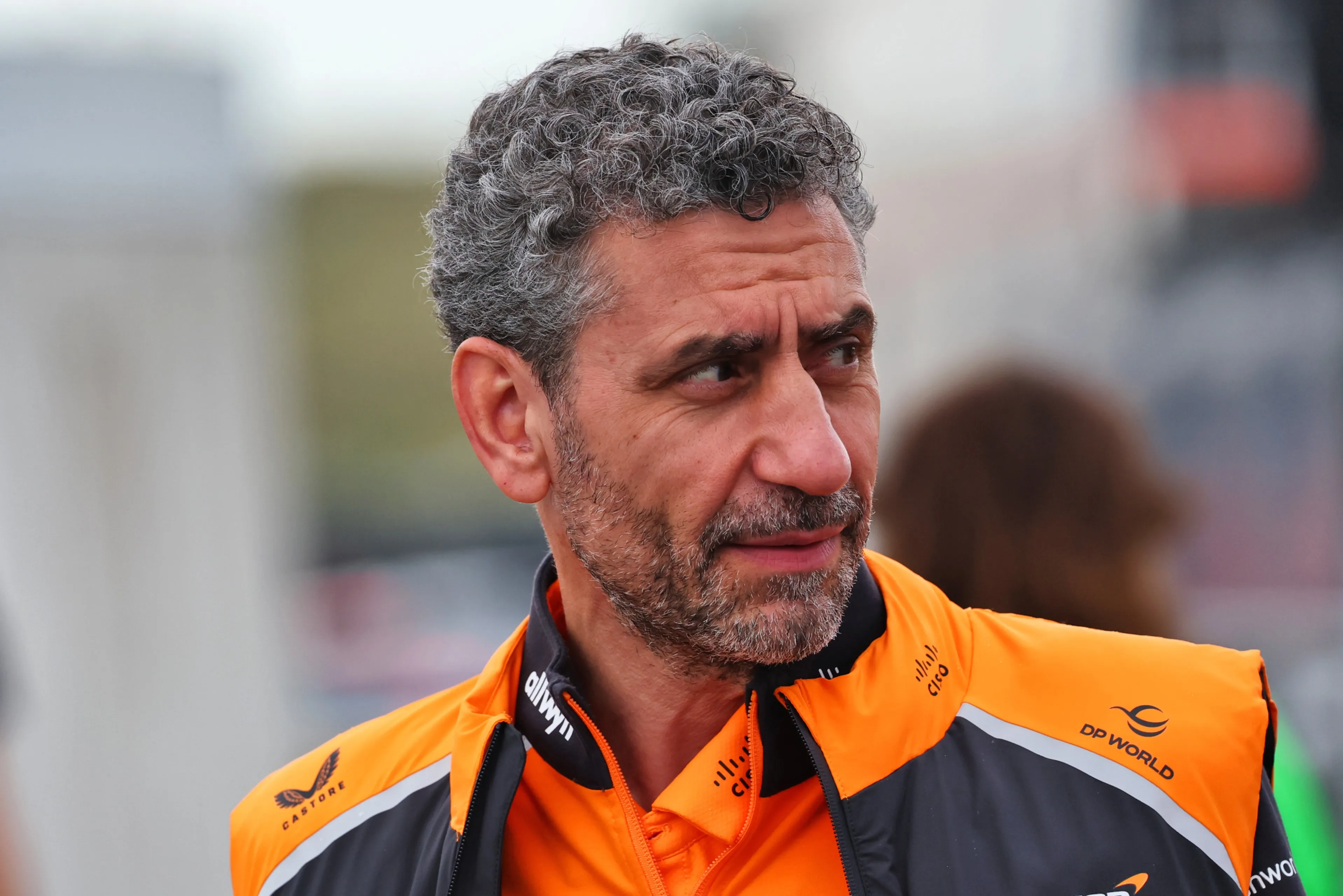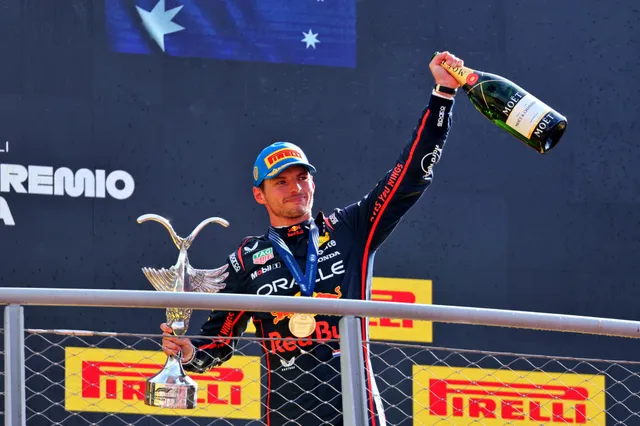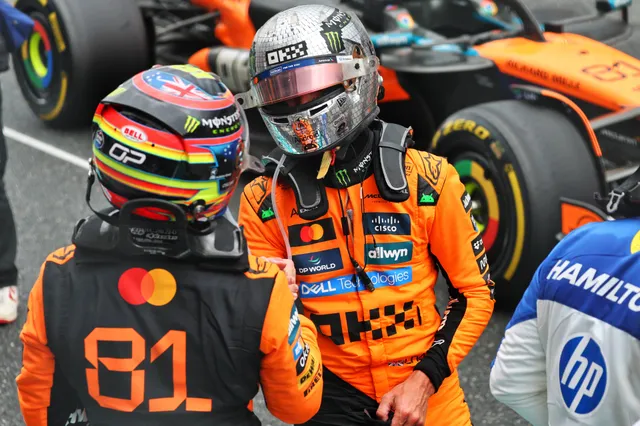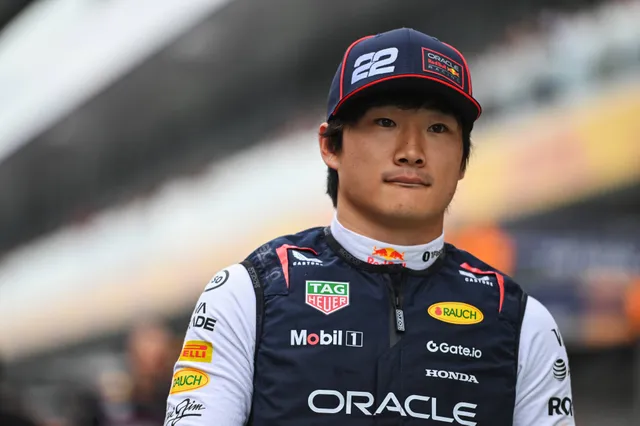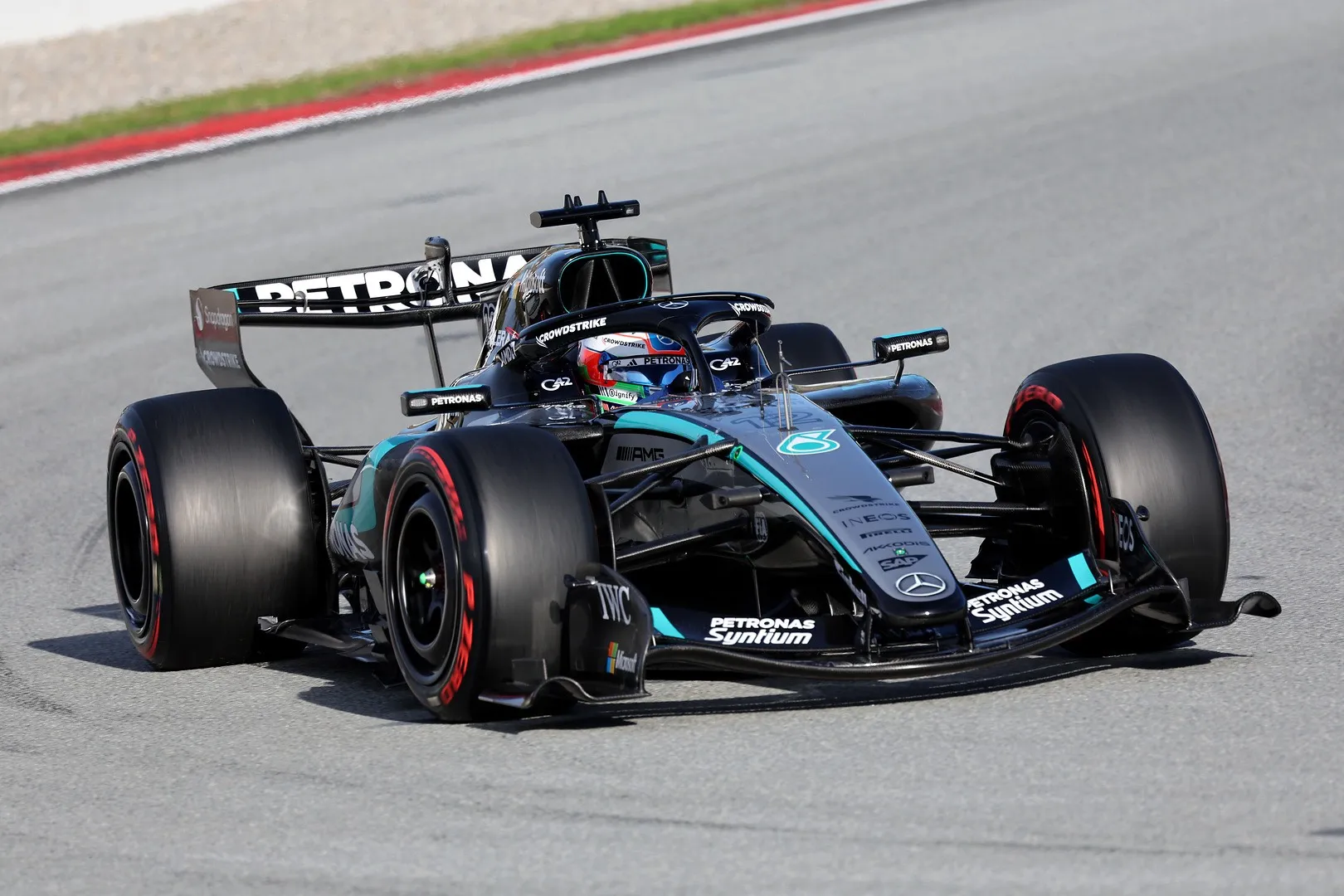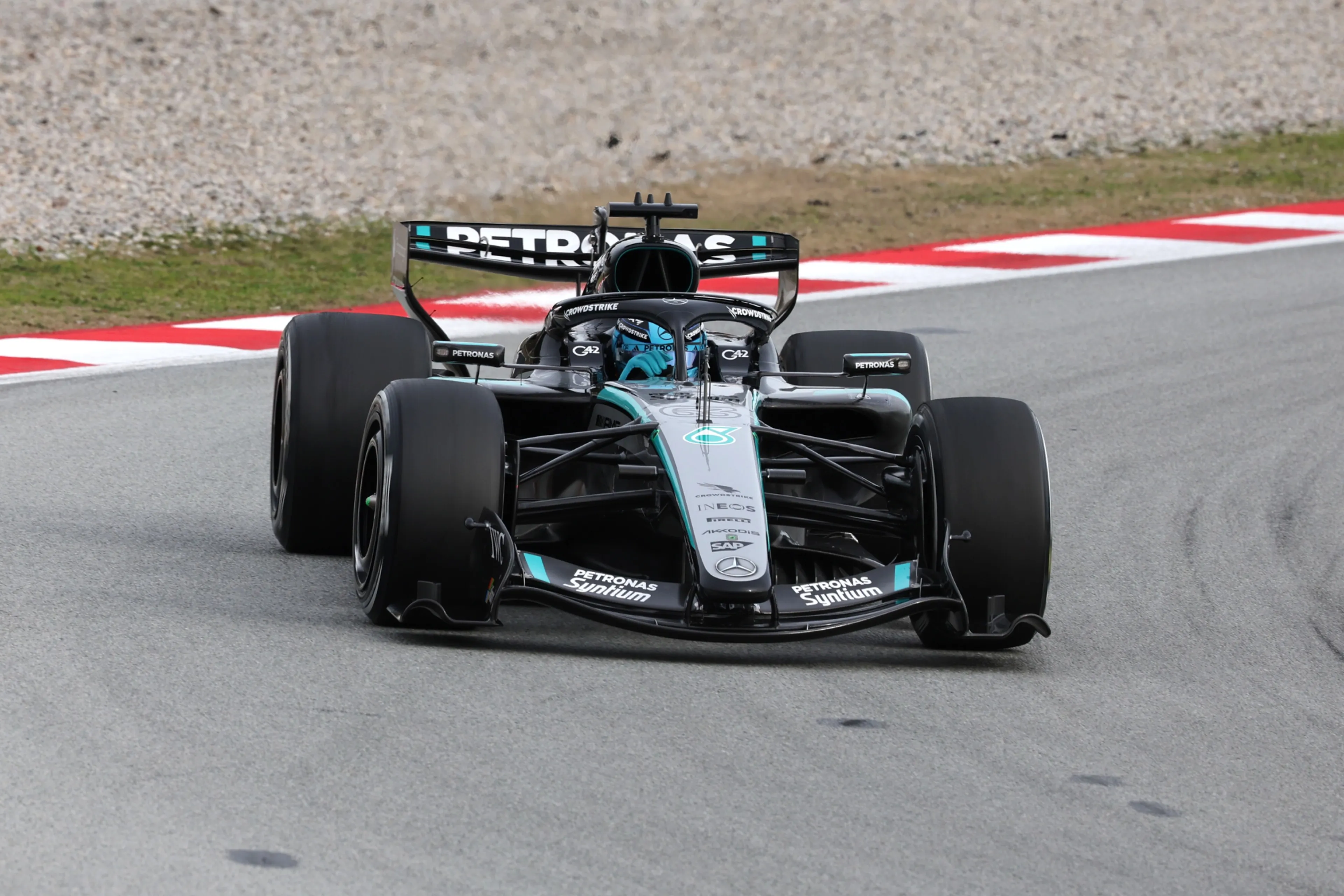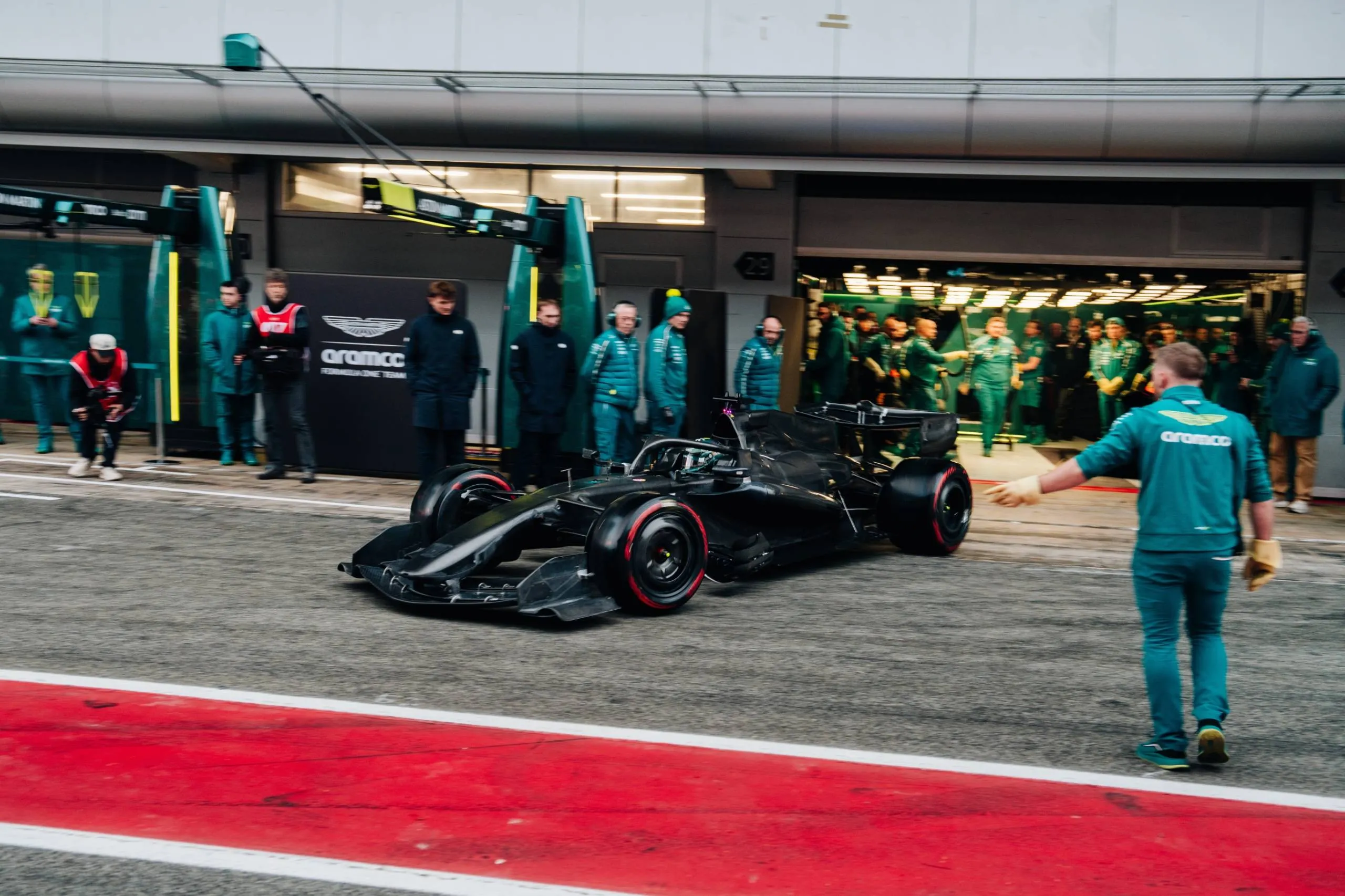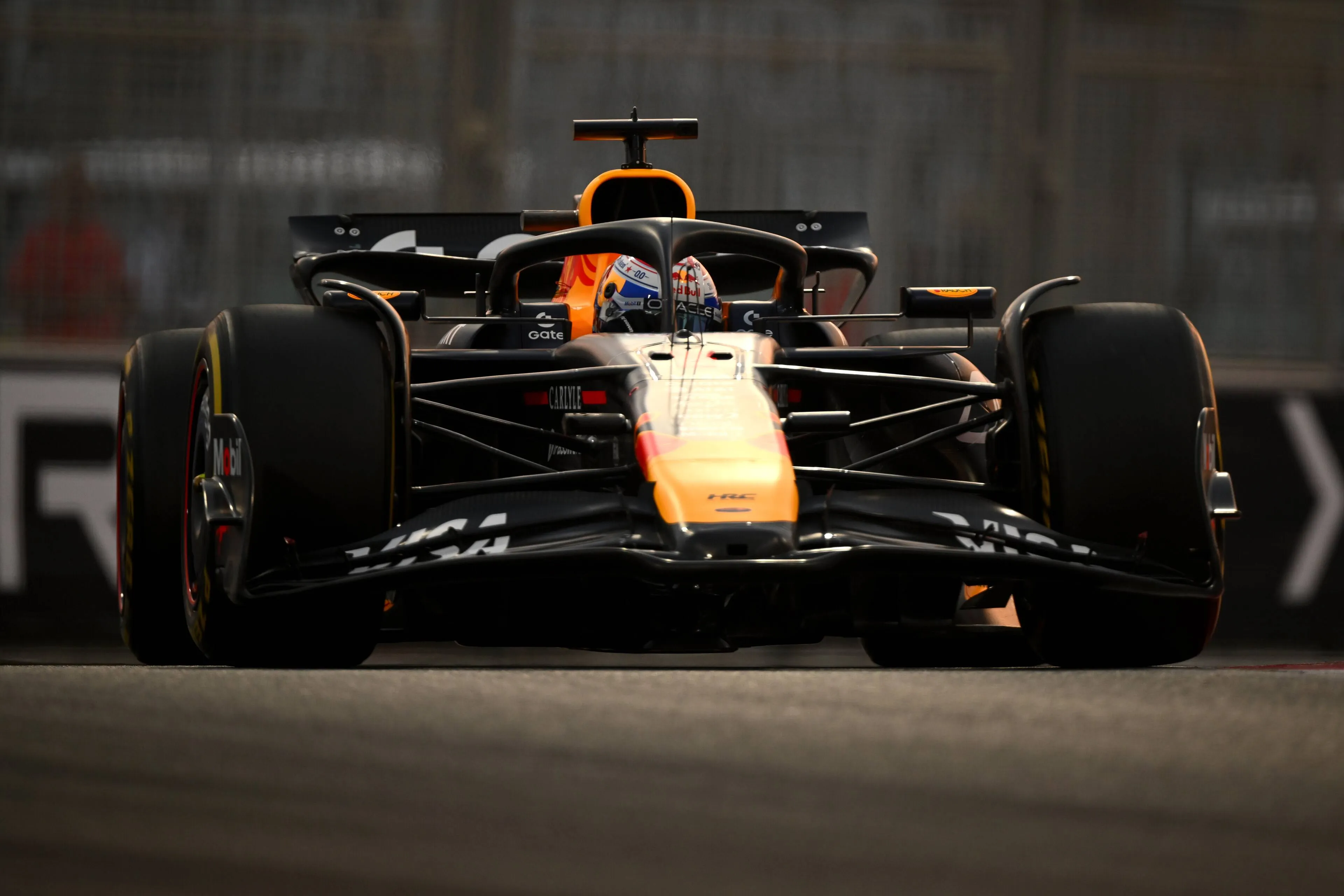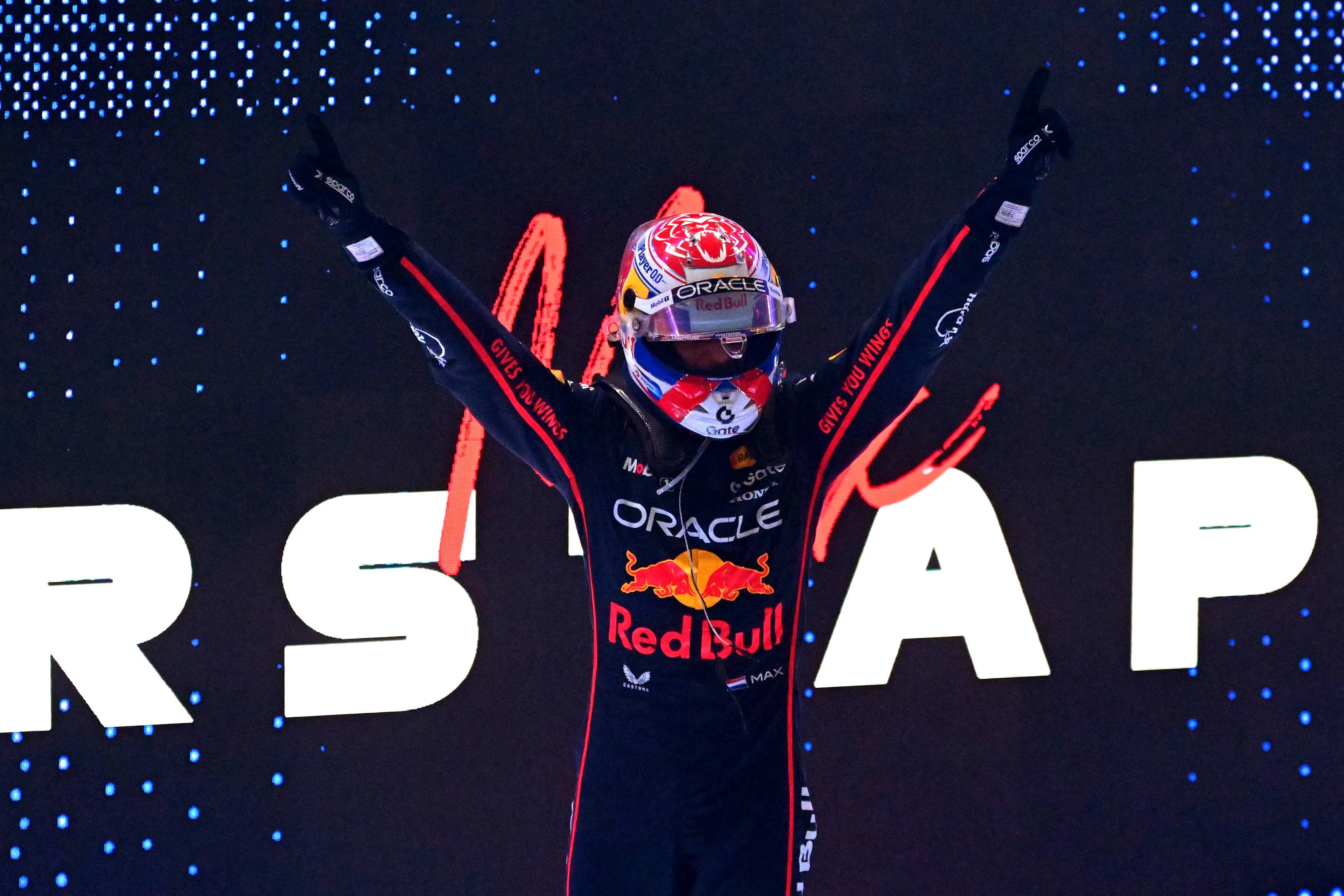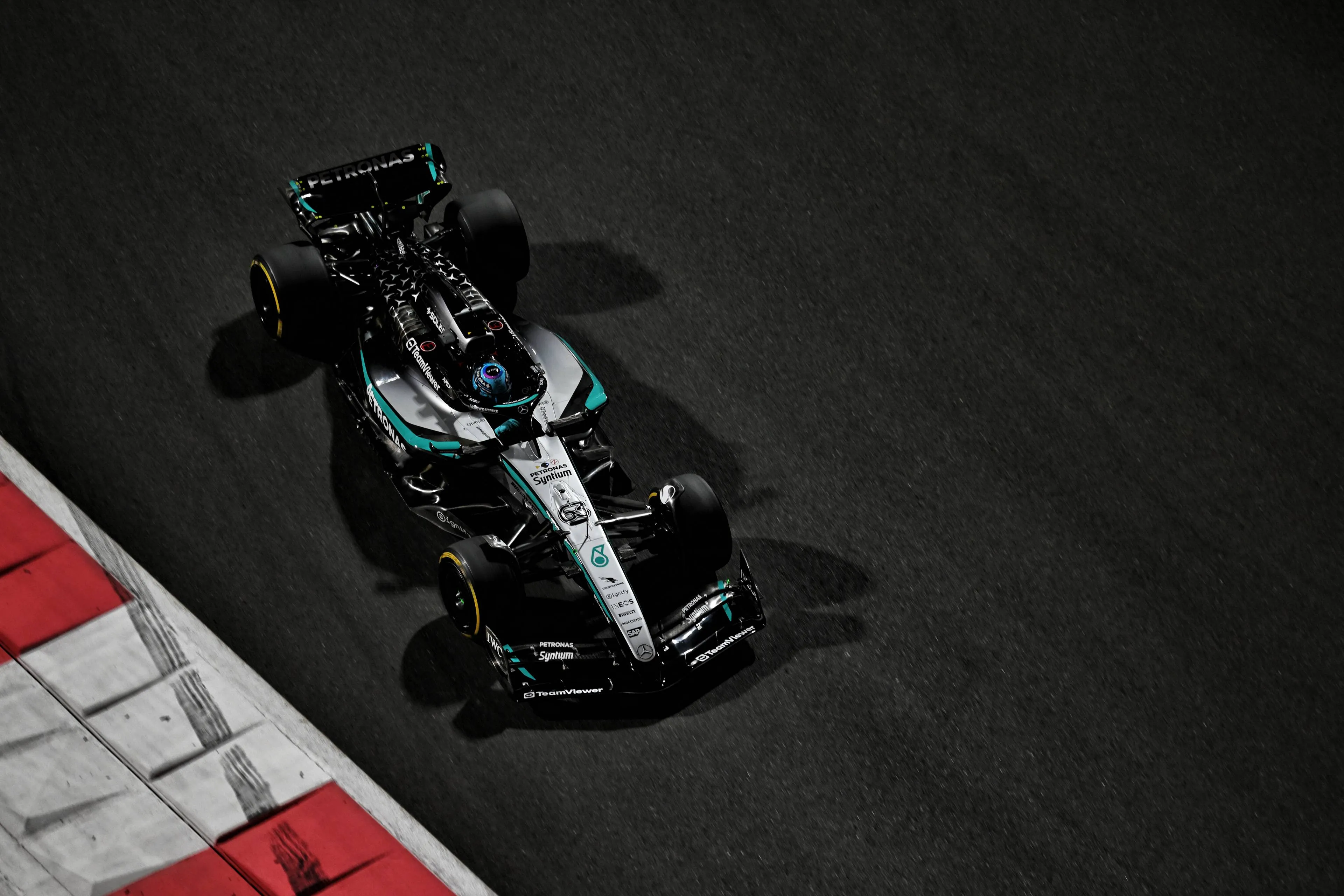Why Piastri and Norris must selfishly push McLaren out of F1 title fight
Oscar Piastri and Lando Norris are locked in a tight title battle and, with its end drawing ever nearer, their team’s approach to racing may prove pivotal in who becomes world champion.
At the Italian Grand Prix, Norris briefly fell behind Piastri due to a slow pit stop caused by a faulty front-left wheel gun. McLaren then instructed Piastri to let Norris retake second place, re-establishing the order that existed before the pit sequence. Both drivers complied, with Norris finishing second, Piastri third, and Max Verstappen taking the win.
McLaren's interference, done in the interests of fairness and equity and to protect team harmony, was a controversial one and one the team have to live with.
Drivers are programmed to take any advantage and capitalise on racing situations, so when a team order overrides that, it goes against their natural way of thinking. When Piastri was ordered to give the place back to Norris, this was made evident when the Australian pointed out that a slow pit stop was simply part of racing.
Piastri then reaffirmed his feelings when he said he did not know what had changed from their pre-race instructions. It was this exchange that revealed his frustration at being told to swap places. The question now is how will Piastri respond in the future? Will the team's philosophy changing mid-race now force him to take action into his own hands? After all, championship-winning drivers have long memories and a gut-burning desire to win.

McLaren take a leaf out of Ferrari's playbook
McLaren team principal Andrea Stella previously served at Ferrari, and this background could be fundamental in understanding why the papaya-coloured team have adopted this racing philosophy.
Enzo Ferrari, founder of the Ferrari brand and the Formula 1 team, led his outfit with an iron fist. Armed with a philosophy shaped by years of hardship and wartime experiences, the Italian icon built an empire which had but one ruler with one purpose as its compass: to make the name "Ferrari" stand high above all else.
As such, regardless of the driver sitting in the cockpit, one thing was most important: that Ferrari won. This is the culture Stella has brought to McLaren, albeit an altered version of it. The Italian team principal, ever the perfectionist, soaked up everything Ferrari stood for, its DNA, all the while making tweaks in his mind with an aim to improve it.
However, at Ferrari harmony was achieved by having a de facto #1 driver and a clear #2. McLaren currently have two strong drivers capable of bringing glory to Woking, which makes handling the internal atmosphere complex, and this is why Stella have introduced his own version of Ferrari's approach.

Interference can never be truly unbiased
There’s one major issue with going in this direction: racing is like life, spontaneous and free, with every race being a story in and of its own. Compromise that and you risk setting a precedent that could potentially impact the outcome of the championship.
When Piastri was handed a penalty at Silverstone that demoted him from the lead and benefited Norris, the Australian made his case to the McLaren pit wall, arguing that if the team felt the penalty was harsh, the positions should be re-established, a request that was ultimately denied. In this instance, they allowed a stewards’ decision to alter the outcome. Then, why not let a slow pit stop do the same?
Read also
Popular on GPBlog

Alonso shares impressions of first Aston Martin F1 car designed by Newey

Christian Horner speaks out for first time since Red Bull departure

Mercedes unveil striking Safety Car look ahead of 2026 F1 season

